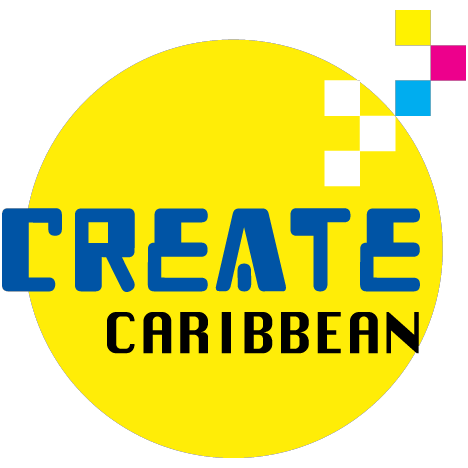HIS 115 Digital Humanities Research
Dominica State College
Instructor: Dr. Schuyler K Esprit
3 credits
*The instructor reserves the right to make changes to this syllabus at her discretion.
COURSE DESCRIPTION:
Digital Humanities Research is an exploration of methods to read and respond to literary, historical and cultural artifacts with innovative uses of digital technology. This course introduces the key theories and practices of academic research and digital scholarship as they are applied in humanities disciplines such as history, literature, philosophy and related social science disciplines such as anthropology and sociology. The term “digital” scholarship refers to the methods of research that employ the design and application of digital tools to knowledge preservation, data collection, analysis, dissemination and equitable access to information.
COURSE GOALS:
In this course, students will conduct “practice-based research,” essentially applying both traditional and unconventional methods of doing research to produce digital projects. The research process will involve:
- Identifying topics of interest, specifically related to Caribbean or Dominican culture, history and heritage
- Formulating questions of exploration and presenting possible avenues of exploration
- Investigating a range of primary and secondary sources that may provide answers to these research questions using digital technology or other traditional forms of information recording
- Analysing sources and artifacts to form answers to existing research questions, or to generate new questions or research directions
- Exploring and identifying appropriate digital tools for further analysis or presentation of research findings (or making new digital tools where necessary)
- Identifying and engaging the appropriate audiences for this research to make new/reconfigured knowledge available to the public.
- Presenting research findings to reading and viewing publics that can catalyze new research topics and questions.
Students will learn about creating archives and exhibits of historical importance or geared to their specific majors; they will learn new tools to read, analyze and create literary and historical works, create mapping and visualizations of historical or current events documents, among other skills.
COURSE OBJECTIVES:
Throughout the semester, students taking this course are expected to:
- Improve information literacy and digital fluency by learning to define and apply key terms and concept relevant to digital scholarship
- Find innovative ways to study and share literary works of various genres (prose, poetry, drama, film) using digital media innovation
- Learn and apply methods of literary and historical research to literature and culture of the Caribbean and African Diaspora
- Develop a project idea and collaborate with peers to build a team towards the production of that project.
- Apply various appropriate research methods to the development of a research project
- Learn, create and use digital tools to enhance research methods and to present research findings
- Develop task management skills both independently and in collaboration with team members.
- Develop critical thinking and problem solving skills through the use of digital tools and other research methods
- Develop time management skills
- Present projects orally, digitally and in writing.
Target Audience:
This course is designed primarily for English Literature and History majors who will prepare for research-based or communications-based careers and further studies. Students interested in fine arts or the social sciences may also be interested. Students in these areas with basic to moderate digital literacy and who consider themselves tech enthusiasts but are not ICT majors will be especially served by the content of this course.
Prerequisites:
Students are encouraged to take this course after they have completed a basic academic writing course or concurrently with that course.
Methodology:
This course will introduce terms and concepts in practice-based research, especially the fields of digital humanities and digital history. The focus of the course will be to “learn theory by practice,” with the goal of producing sound digital research projects by the end of the term. The course will take as its primary source documents focused on Caribbean cultural studies or Caribbean development.
This is NOT a programming course. It is meant to use and build upon existing technology – programming languages, software, APIs, etc. – to enhance and extend the reaches of intellectual inquiry. To that end, we will be learning and using already existing platforms and software, which are usually free and open source. We may sometimes be called upon to use basic or intermediate coding skills to manipulate existing tools to understand or design our research projects. Thus, the skill-building requirement of the course, designed for non-IT majors, will provide basic language for interacting with all digital tools.
The methods of teaching and learning will include lectures and multimedia conferencing with international lecturers, one-on-one mentoring with instructor, group projects, individualized study and practical application.
